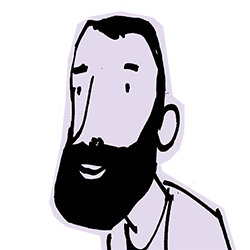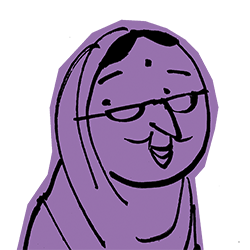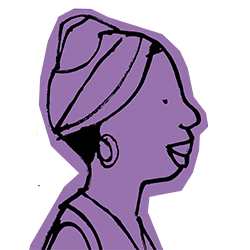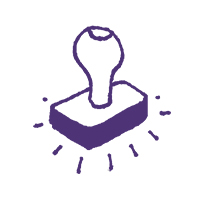Required Training for this Role
In order to be a qualified children's wellbeing practitioner (CWP) you will need to complete a Graduate/Post Graduate Certificate training course that is commissioned by National Health Service England (NHSE). Currently the training courses for CWPs are not accredited, but this is being actively pursued. Training courses are offered by a number of universities and training provides; course titles vary. They typically consist of 30-35 days of training distributed over an academic year, up to 12 months in duration. Whilst in training as a CWP you will be employed by a local children and young people's (CYP) mental health organisation and spend the majority of your time in the service working with CYP as part of your supervised practice.
The CWP training is open to people with a range of experience. Those with a degree will typically undertake a postgraduate certificate, and those without a degree will normally undertake an equivalent undergraduate-level qualification. For both routes you will need to apply for a position as a trainee CWPs in a CYP mental health service to access the training. You can search for vacancies on the NHS jobs website (see useful links) or other local platforms.
The training route for CWPs may develop over time to allow for further specialism in relevant settings or clinical presentations. It is possible that the training may be extended to diploma level in due course. It is also likely that an apprenticeship training route for CWPs will be developed in due course. This would be a great opportunity for people without a degree but with relevant life experience, or for those who would like to make a career change and contribute to the local community.














